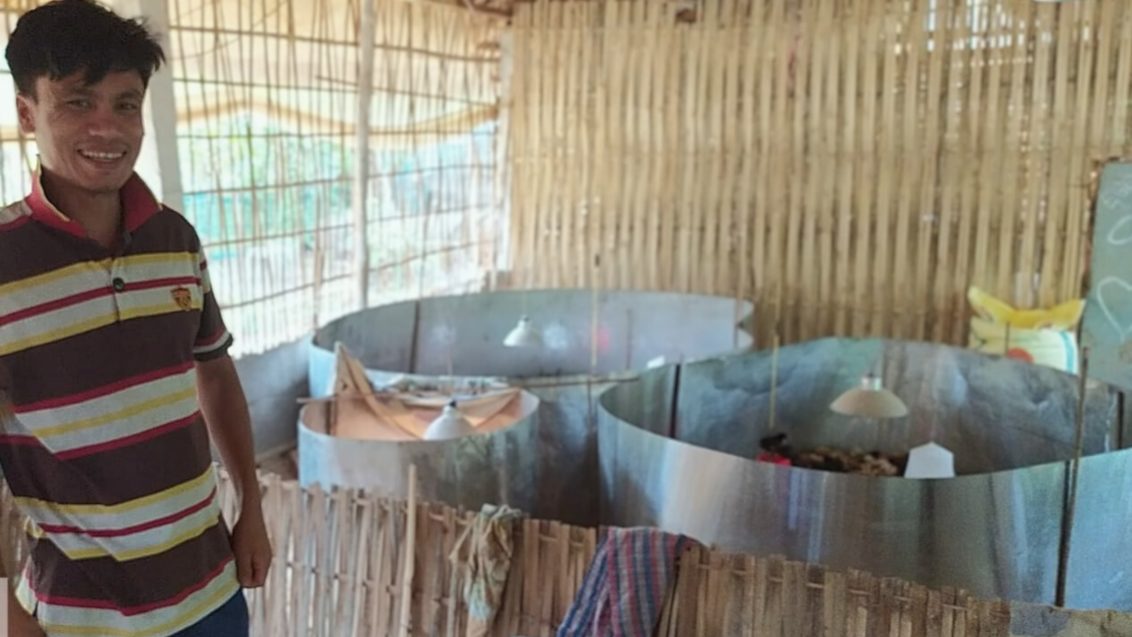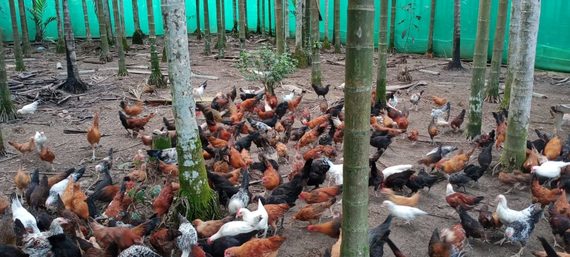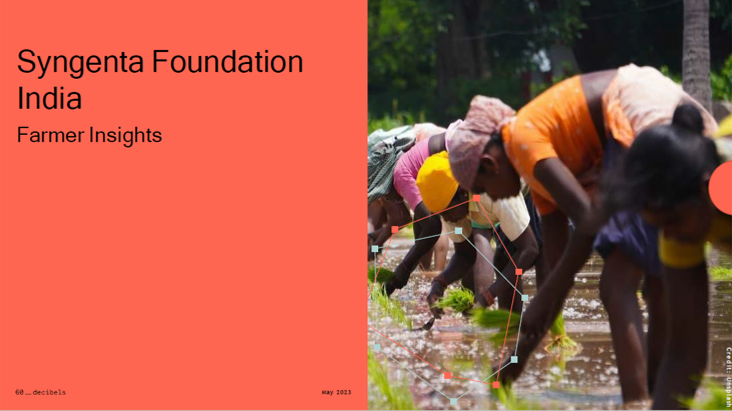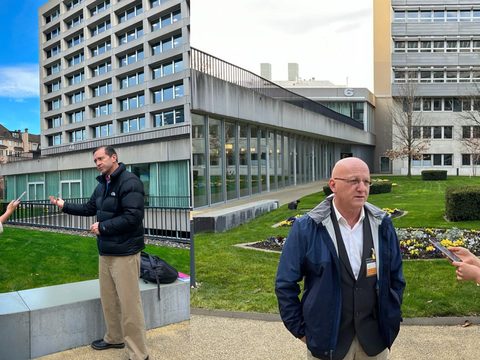Moving in the right direction – with room to get better

Our Agri-Entrepreneur program now serves more than a million Indian smallholders. That sounds impressive. But what do these farmers think of the services provided? How is the program improving their lives? We recently asked 455 of them (Complete study here).
93 million Indian households depend on agriculture as their primary source of income. However, more than 80% of the 126 million farmers are smallholders. Most of them struggle to earn decent incomes. They could benefit from many innovations that are already available. Unfortunately, smallholders can often not get hold of these technologies. The reason – as noted in the lead article from our recent Policy Watch – is inadequate ‘first-mile access’ – or, from suppliers’ point of view, ‘last-mile delivery’. To address this gap, Syngenta Foundation India initiated the Agri-Entrepreneur (AE) program. AEs ensure last-mile delivery for smallholders. By doing so, they build their own rural businesses.
The AE program began in 2014. Following an extended test period, it has recently grown rapidly. Last year, we passed the milestone of 10,000 AEs. “Together with experts at 60 Decibels (60dB), we recently surveyed the program’s impact in three Indian states”, says Aparna Shukla from our Indian team. “The results show that running a business is good for you!”
Building on this survey, 60dB and we also assessed the impact on smallholders. How much do AEs benefit the roughly 1.3 million farmers whom they currently serve? What do smallholders feel about the program? What are their needs and expectations? What could be improved?
“The topline survey results are highly encouraging”, comments Aparna. “More than 60% of participants are promoters of the AE program. Among the women surveyed, the figure is 67%”.
To analyze this approval, 60 Decibels uses a widely recognized yardstick called the Net Promoter Score (NPS). “The sector benchmarks for NPS, in India and globally, are in the high 30’s”, notes our Policy Head Yuan Zhou. She has been involved in several 60dB surveys*. “In smallholders’ eyes, our AE program today scores 49. That is just one point below an ‘Excellent’ rating. We’re very happy with this result – but naturally also motivated to an even higher NPS next time!”
AEs improve smallholders’ quality of life
75% of surveyed farmers say that their quality of life has improved since linking up with an AE. The three leading determinants here are better income, greater ability to cover household expenses, and enhanced technical knowledge.
Farmers particularly value AEs’ commitment and high-quality advice. “That support has clearly enhanced their knowledge of agricultural techniques”, comments Aparna Shukla. “But the smallholders also have expectations: They want AEs to cover more topics during training. That would boost their know-how across a more diverse range of farming.”
More than 60% of the surveyed farmers receive crop advice from their local AE and buy inputs from him or her. “These services are in high demand, because villages typically don’t have inhabitants trained to advise on agronomy”, explains our Indian Country Director, Rajendra Jog. “AEs are right on hand, know everybody, and can offer inputs at good prices because they buy for the whole village.” The survey shows that next-highest on the smallholders’ priority list are animal husbandry offers such as vaccines, medicine, and fodder. Further valued services include market links and digital banking services.
“Of the 1.3 million farmers currently served by AEs, about 27% are female”, Rajendra continues. “For practical and social reasons, women are particularly happy to get all these services and products at their front door. The presence of AEs in so many villages is already enabling women to increase their knowledge and incomes. A major goal for us now is to build further on this.”
Income gains are frequent – but take time
Significantly raising smallholders’ income is the foremost objective of the AE program. “The survey shows we’re moving in the right direction, with a little scope for improvement”, Aparna Shukla sums up. Approximately 80% of participants report that their income has increased. About half of these say it has risen by at least 50%.
Key reasons for better income are a rise in crop production, reduced cultivation costs, and links to more lucrative markets. Agronomic advice helps farmers to raise their yields while lowering expenditure on manure, fertilizer, and insecticides. 62% of farmers have reduced their use of fertilizers based on AE advice. Poultry and dairy farmers also benefit from better market links. “But it’s important to remember that these improvements don’t happen overnight”, emphasizes Yuan Zhou. “The farmers more likely to report increased earnings are the ones who have worked with AEs for more than two years.”
Nearly 20% of farmers report no rise in income so far. The main reasons they give are the high cost of cultivation and adverse weather. Other factors are inconsistent market prices, unchanged yield, and inadequate AE support.
More than 80% of smallholders confirm that their way of farming has improved thanks to AEs. “The survey clearly shows that frequent communication with an AE contributes to that improvement”, Aparna Shukla adds.
As in any good survey, however, not everybody is happy: About 8% of the farmers face challenges with their AEs. Their Net Promotor Score is correspondingly low. “But we know what needs doing”, Aparna continues: “The top two reasons for dissatisfaction are a lack of AE visits and a desire to cover more topics when they do meet. Our goal is to see more and more farmers enjoy the experience of flourishing counterparts such as Monuranjan Gohain.” (See below).
Poultry helps income to fly |
|

|
Monuranjan Gohain (main photo) is a small tea grower in the Tinsukia district of Assam. The family owns about 1.5 acres. “Before, I only earned about 5000 rupees per month”, he remembers. That is the equivalent of two dollars a day. To cover household expenses, family members worked as agricultural laborers. Thanks to taking services and advice from his local AE, Monuranjan has tripled his income. Sanjib Pratim, the AE, helped him start a poultry business. Over the next two years, that will expand into hatching as well. Importantly, Sanjib has also linked the Gohain family up with good buyers. |

*Read about the studies in Bangladesh and Indonesia – and see what it’s like to be a survey interviewer.

